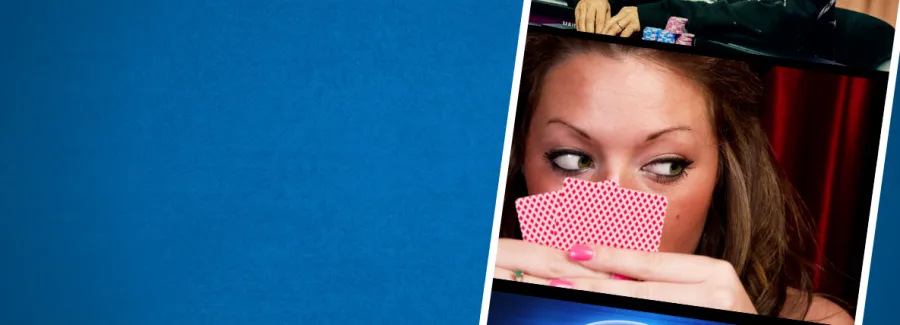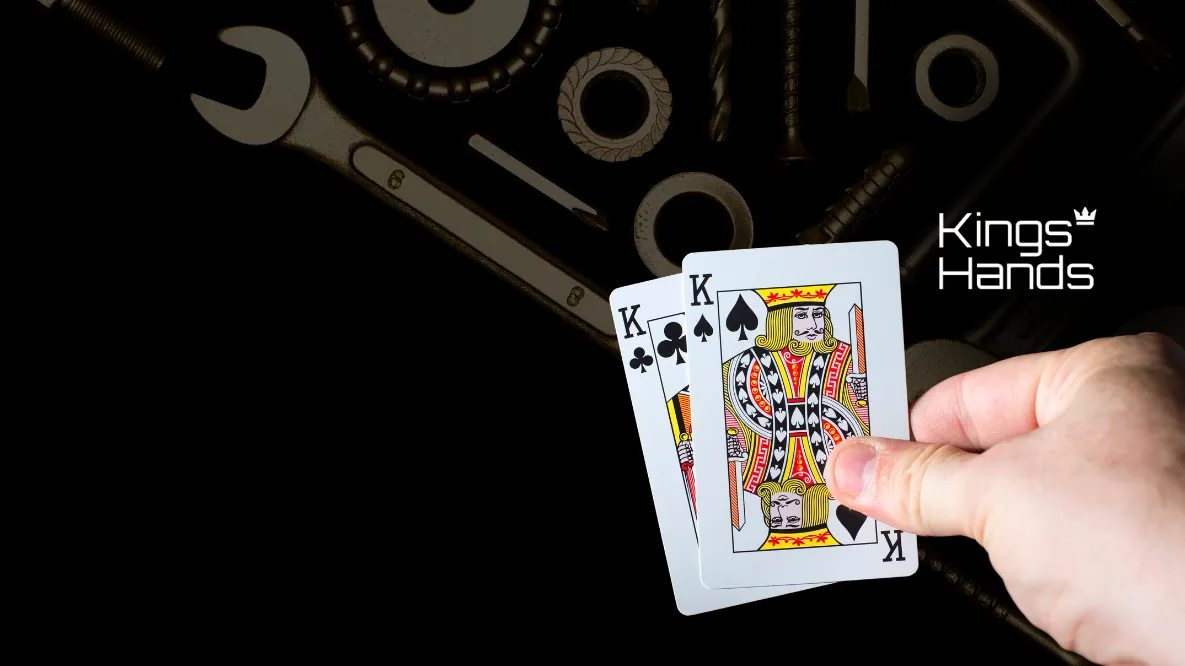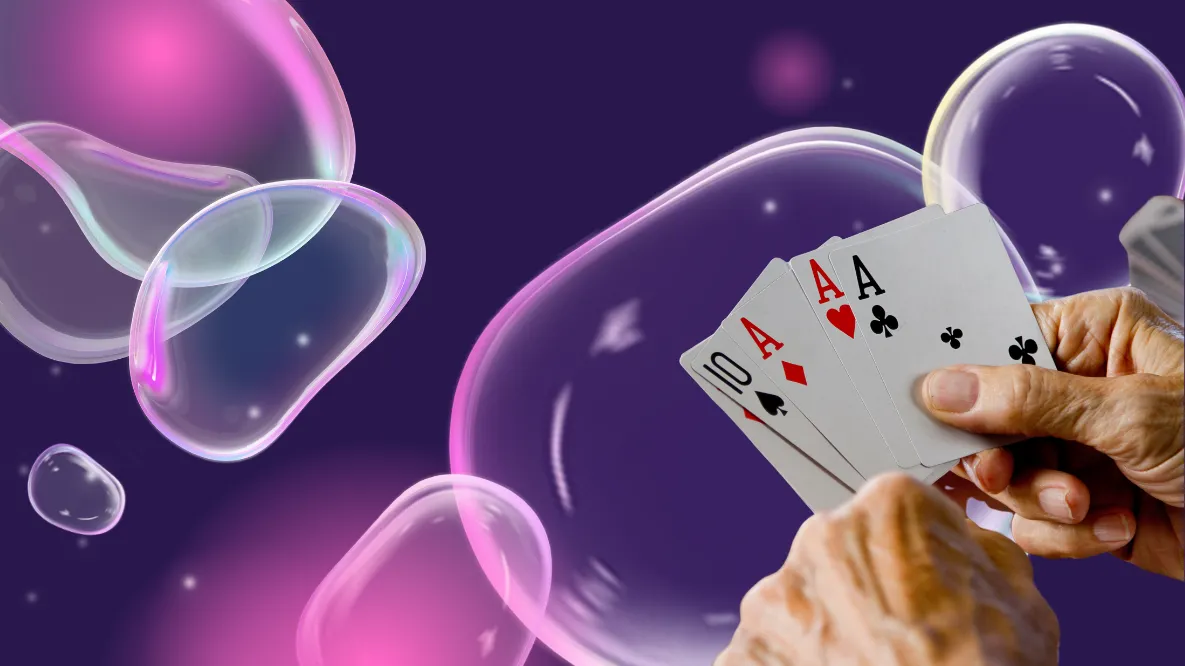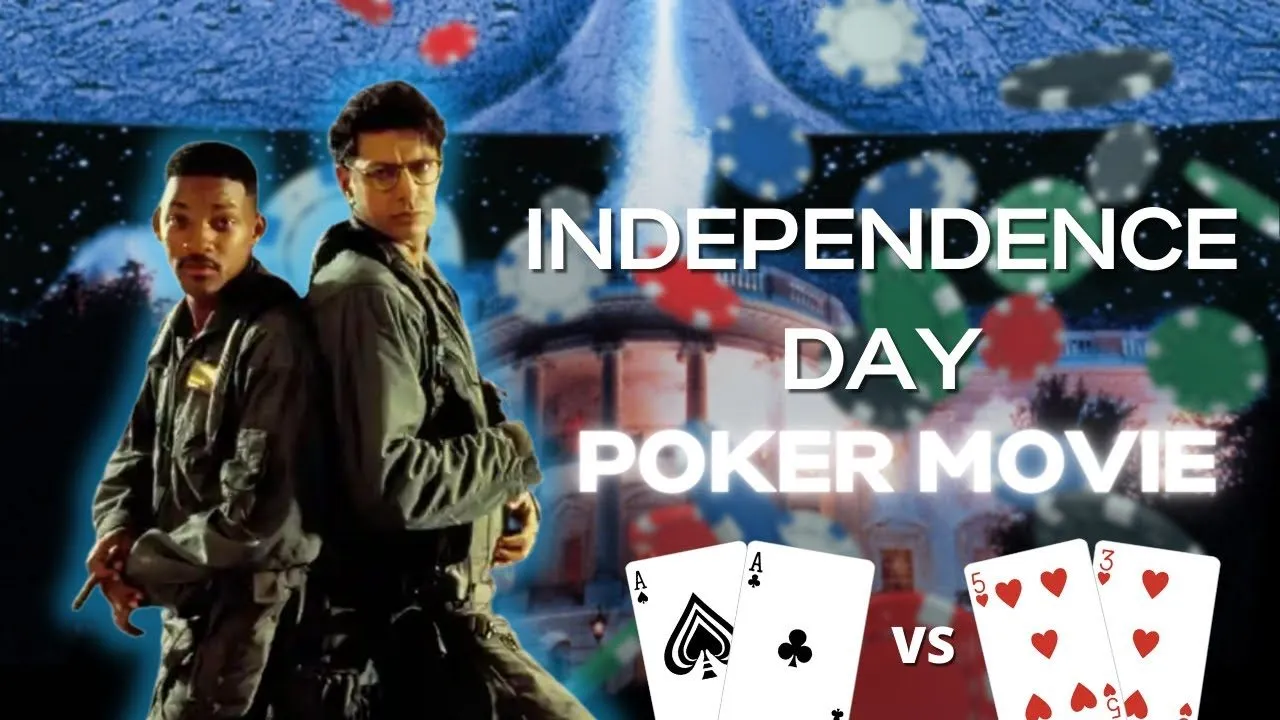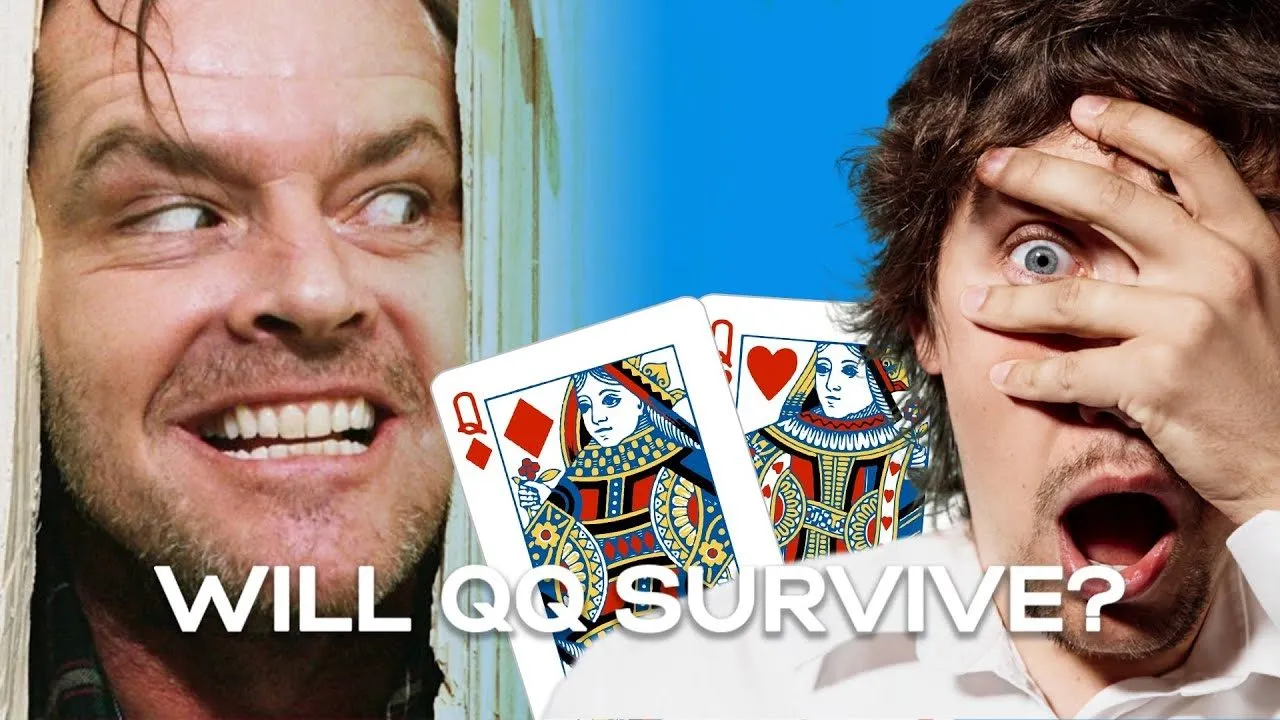While some poker players use their mouths much more than others, everyone gives something away by the way they move them. The nose and mouth are two of the things we instinctively move when under stress, so being able to pick up on these movements will help you gain a better insight into how strong or weak your opponent is.
Knowing what to look for and how to counter it is key to being able to effectively use a poker tell, so that’s what we’re going to help you do. We’ll be looking at the most common poker tells you can spot from the movements of your opponents’ noses and mouths and how you should adjust based on what you’ve seen.
Touching Their Nose
If you’re looking for tells that are grounded in science rather than psychology, this one’s for you. When someone is anxious, their heart rate increases, which causes people to breathe faster through their nose. This leads to the blood vessels in the nose dilating, which causes a tingling or itching sensation, which in turn means that people will touch their noses more when they are anxious.
The most common reason someone would be anxious at the poker table is because they’re running a bluff and don’t want to get caught. No matter how stoic someone is, it’s hard to stop yourself from touching your nose when you get that itch, so it’s a pretty reliable tell to pick up on. It doesn’t even need to be a full-on scratch; just a quick touch from a hand or arm is enough to let us know that something isn’t quite right.
How Do I Counter It?
If we see someone touching their nose in the middle of a big pot, it’s a good indicator that they’re uncomfortable in the hand. This may be because they’re bluffing, or they may just be feeling the stakes of the game – it’s hard to tell without getting into the mind of your opponent.
However, because the likelihood is that they’re anxious because they’re bluffing, we can start to increase our calling range against a player who gives off this tell. Start by making small adjustments at first, but if you see someone repeatedly giving off this tell, you can start to make larger adjustments to exploit them.
A Full, Relaxed Smile
One of the great things about playing in a casino and sitting across from your opponent is that you get a real insight into how they’re feeling at the table. Playing online, you can only guess whether your opponent is tilting their head off or if they’re relaxing in a bubble bath. But playing live, you can get a full sense of their emotional state. Plus, an added benefit of playing live is seeing the player interact with the world around them and how they react to certain stimuli while in a hand.
Why is this important, you may ask? Well, because smiling is one of the most common things we do, and knowing whether or not that smile is genuine is important to figure out the strength of your opponent’s hand. By seeing them act at the table, we can gauge if someone is just putting on a smile or if they’re using a smile to mask what they’re really thinking.
It’s the difference between a grimace and a warm smile.
A genuine smile is a sign of confidence, whereas a forced smile could be trying to mask anxiety and worry. You can tell a genuine smile by the rest of the muscles in the face; their eyes light up, and you can see that the person smiling is genuinely happy. However, a forced smile can only be seen in the mouth; the rest of the face remains motionless and stoic.
How Do I Counter It?
The first thing you need to do is ascertain how genuine the smile is. If you think they’re genuinely smiling, it’s likely they’re confident in the hand, which means they likely have a stronger range than average. This means you need to adjust by playing tighter against their bets and more passively when they check.
However, if you think their smile isn’t genuine, they’re likely doing it to mask their anxiety, which means they likely have a weaker range than usual. You can exploit this by calling wider when they bet and by playing more aggressively when they check.
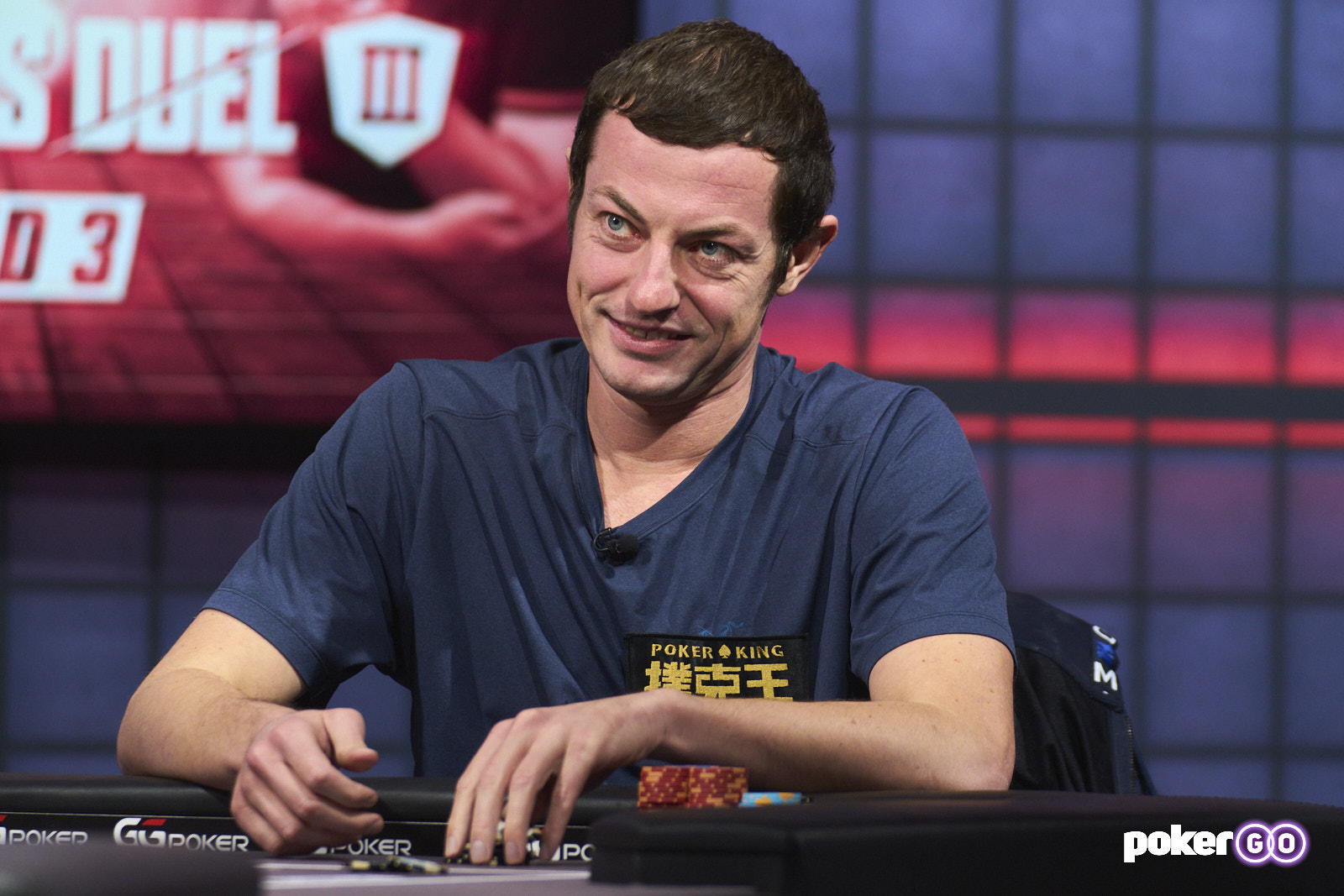
Tense Lips or Constant Lip Biting
This is one you’ve likely seen in other areas of your life – people tend to bite their lips when they’re unsure about a situation or are worried about how it’s going to turn out. Let me be clear; we’re talking about a nervous biting of the lips, not the seductive one you may see in the movies. If you’re seeing that one, you’ve got a whole other set of problems on your hands.
Faking this tell convincingly is hard to do, as, like with a smile, you can tell by the rest of the face how genuine their expression is. If they’re genuinely anxious or worried about the hand, you’ll be able to see it in the rest of their face when they bite or tense their lips, but if they’re faking, you won’t see any change to the rest of their facial expression. You’ll commonly find this tell in recreational players, as many experienced players know that giving away the strength of their hand through their facial expression is a quick way to lose their chips.
How Do I Counter It?
If you feel like the tell is genuine, the likelihood is that they’re anxious about their hand due to its lack of strength. As we think the player has a weaker range than usual after giving off this tell, we can counter it by calling wider against their bets and playing more aggressively against their checks.
However, if we think that the player is giving off a false tell, that changes things. They’re trying to look weak by giving off this tell, which means they’re likely stronger than usual in this spot. This means you should adjust by playing tighter against their bets and more passively when they check.
Speech Play
Speech play is a hard tell to decipher, as some people are naturally better at bullshitting than others. The crux of this tell is the confidence with which a player speaks. If they’re able to form compelling and fluid sentences, the more likely it is that they’re confident, but if they trip over their words and babble nonsense to you, the more likely it is they are anxious.
This is because an anxious person is consumed by thoughts of what will happen in the hand and doesn’t have the spare brain capacity to speak in a clear and understandable manner. However, if you’re confident about the outcome of the hand, you have plenty of capacity to think about what you say and how you’re saying it, which is reflected in your speech.
Now, some players are much better at hiding this than others, so it comes down to how well you know that player. If they can normally string a sentence together but struggle to do so when you ask them something, the more likely it is that they’re anxious.
That’s if you get a response out of them at all – many people avoid speaking in pots, so they don’t give away any tells with their speech. Unless you’ve got the gift of the gab, we’d recommend you do the same!
How Do I Counter It?
The first thing you need to do before deciding how to adjust is to decide how much weight you’re going to put into this tell. If you’re playing against a slick politician whose job it is to confidently talk about something even if they know they’re lying, you probably can’t put much stock in this tell. However, if it’s someone you know well and can accurately judge when they’re confident or not, you can start to make adjustments.
If your opponent speaks confidently and clearly, they’re likely to have a stronger range than usual, so adjust by playing tighter against them. On the other hand, if they’re struggling to get their words out, they’re more likely to be anxious about the hand, which means they likely have a weaker range. You can adjust to this by playing wider and more aggressively against them.
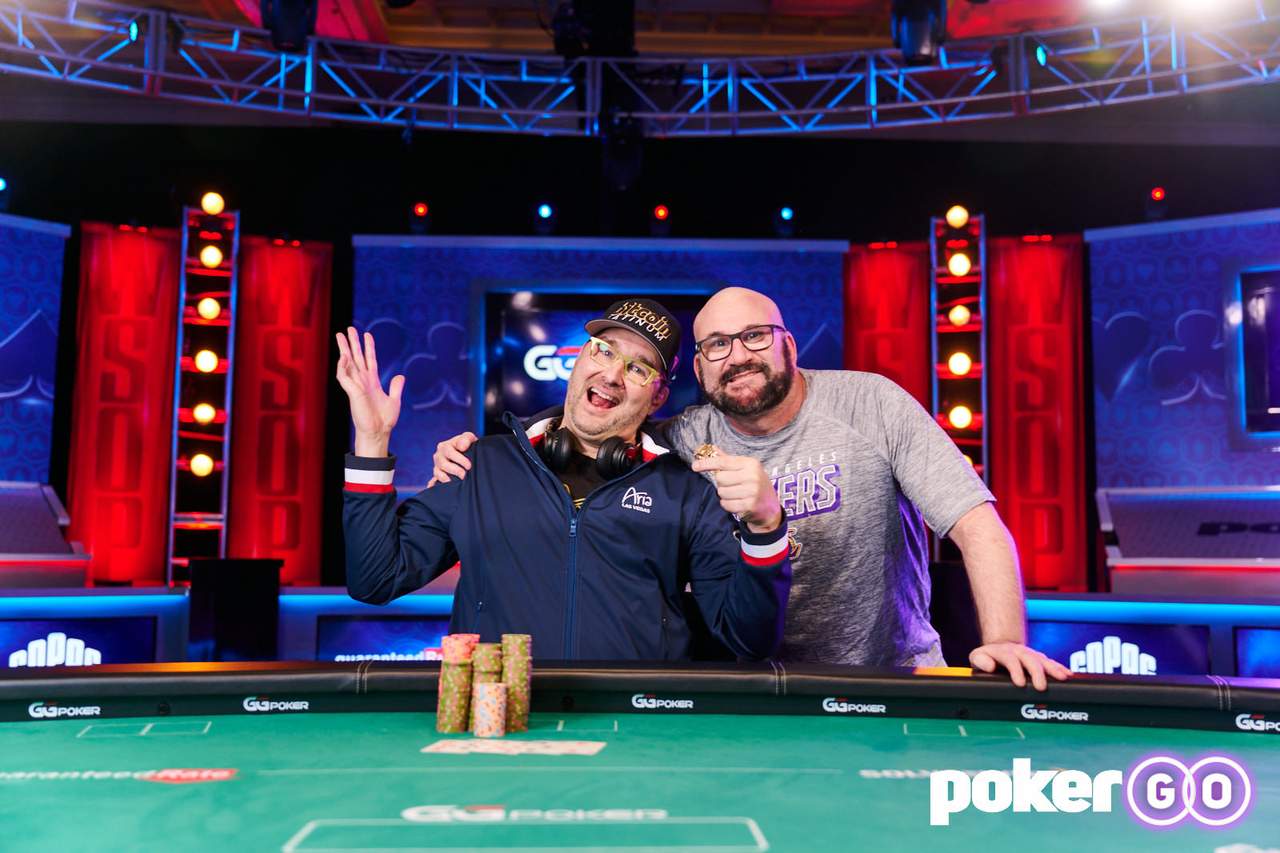
Two of poker’s loudest players: Phil ‘the Brat’ Hellmuth and Mike ‘the Mouth’ Matusow
Summary
You can tell a lot about how someone moves their mouth and nose while in a poker hand. These actions are so common in our day-to-day lives that many people don’t even realise they’re doing them, which makes them perfect candidates for picking up reads from your opponents. Pay close attention to how these body parts move throughout the hand, as it could be the difference between paying someone off or making a hero fold.
Join us in Part Four of this Poker Tells series, where we’ll be looking at the neck and chest. Make sure you join our PokerDeals Facebook group or follow us on Instagram to be notified of the next article in the series.
*Images courtesy of PokerGo
